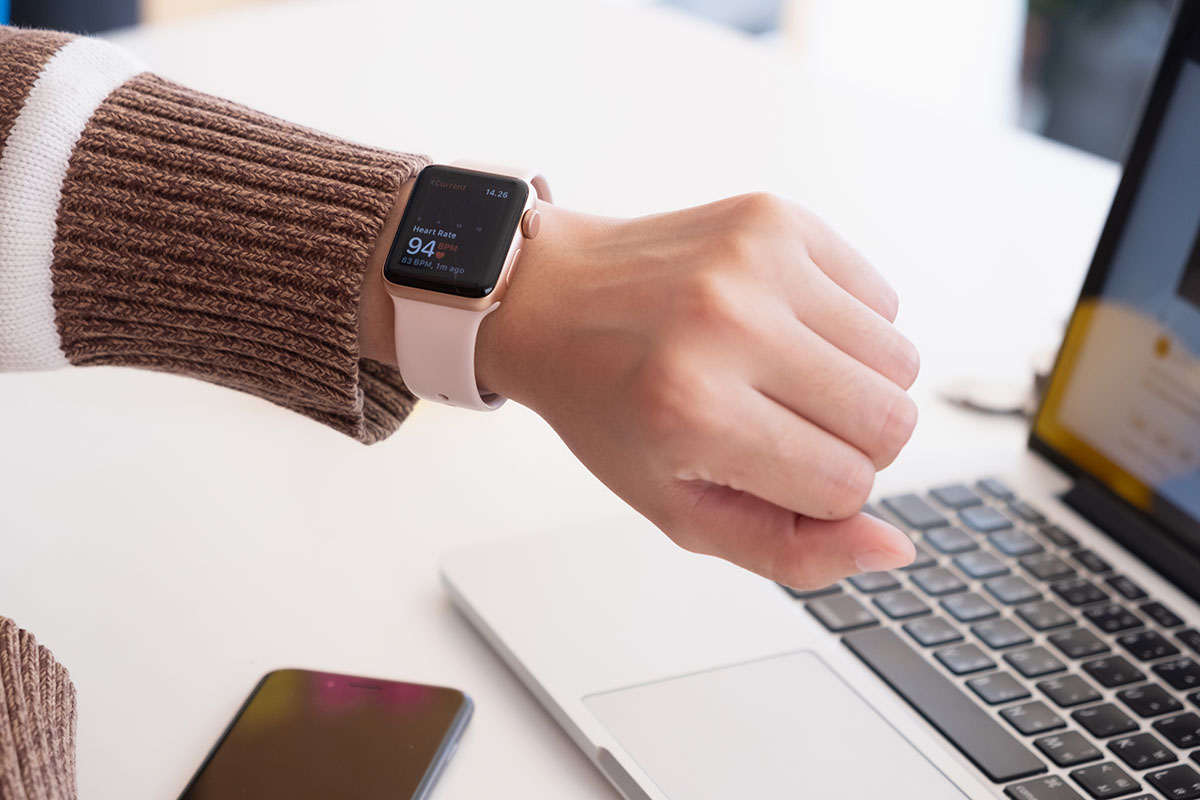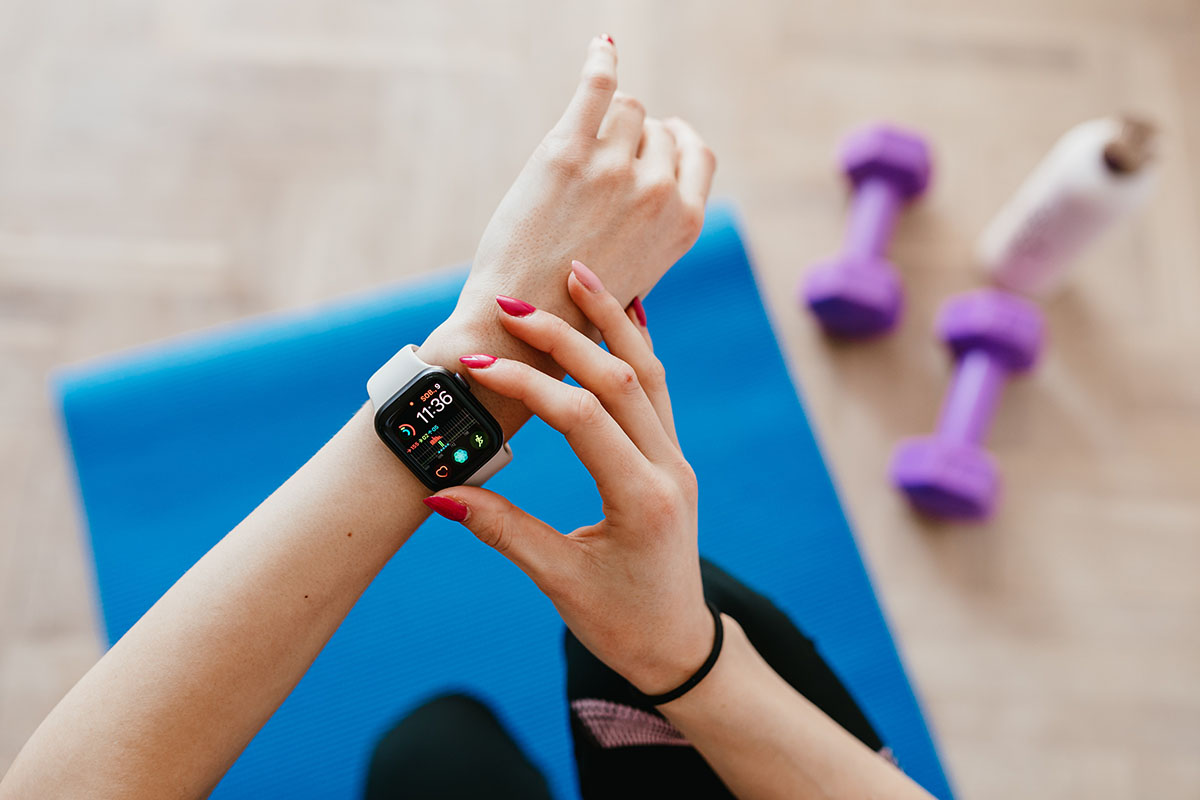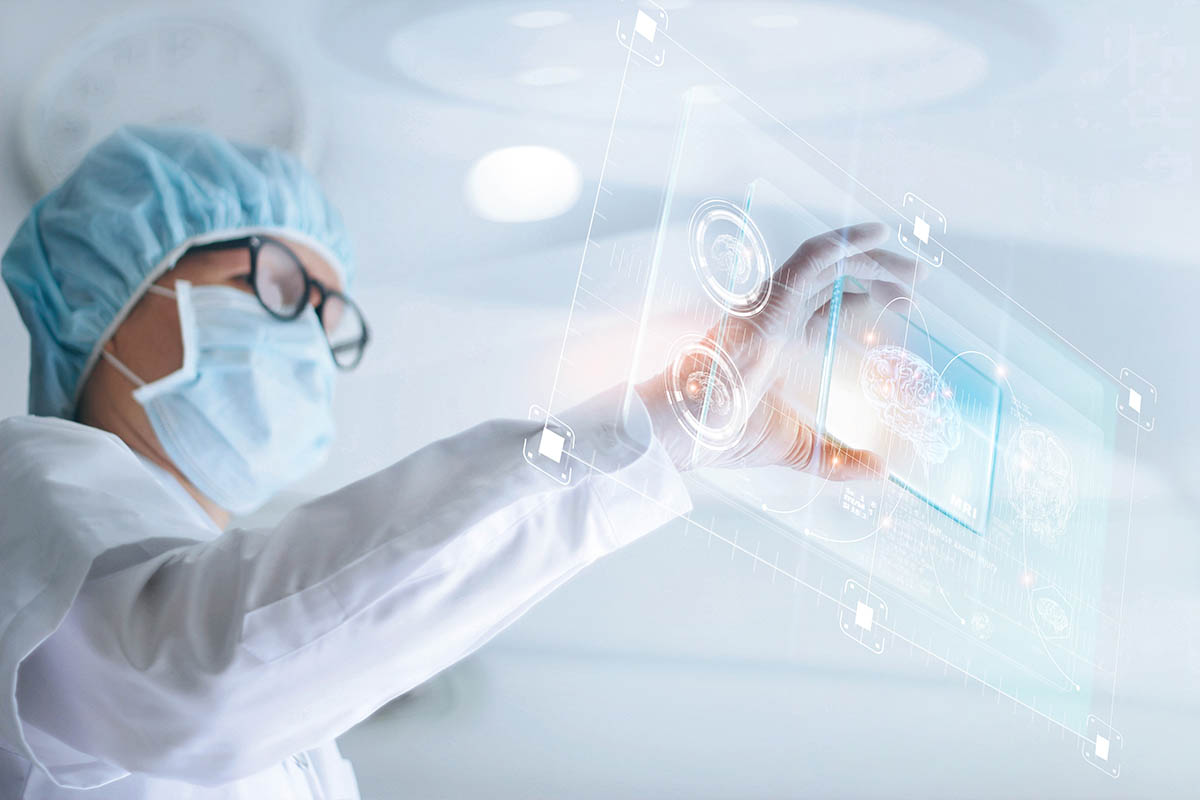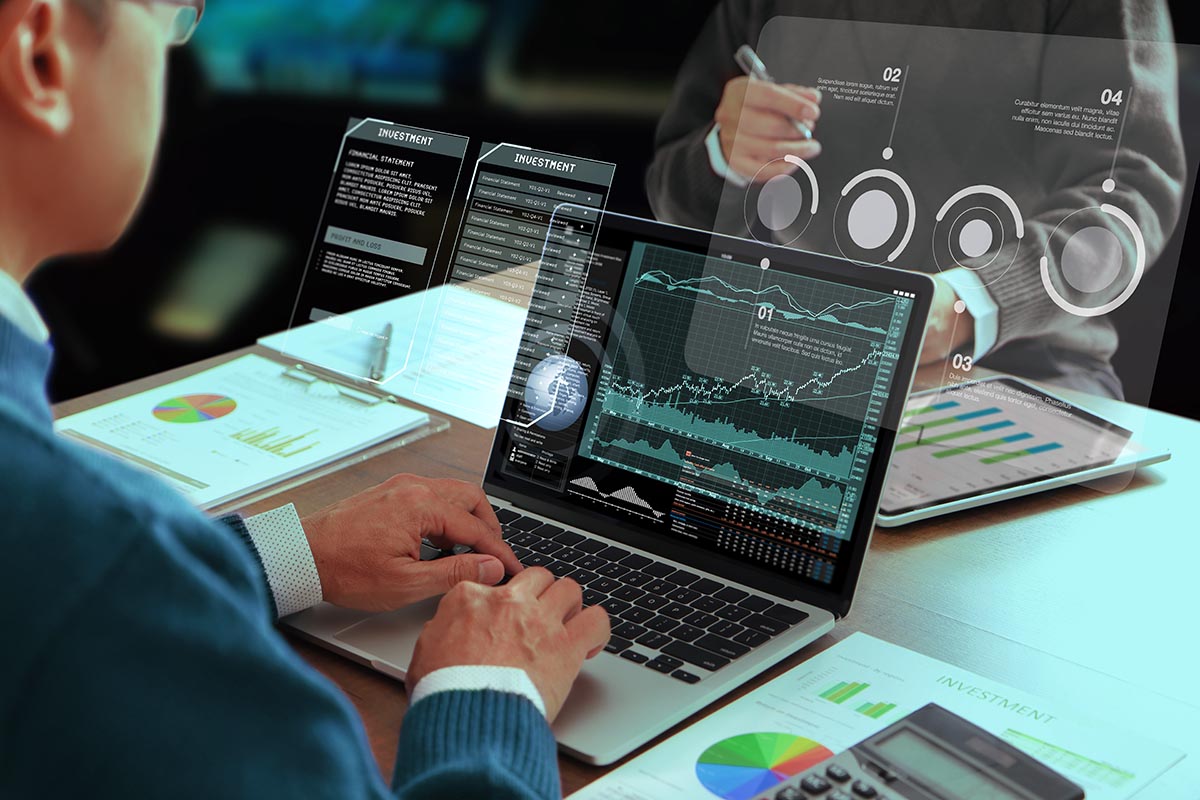Why Data Can Change Your Life
Modern life has made data common currency for everyday interactions and activities.
For instance, smart homes have put data at the heart of the household to simplify processes and improve comfort.
Smart gadgets add convenience and comfort to the home.
Simple switches such as changing your lock for a numeric pad means that you can unlock the door directly from your phone.
For those who are worried about losing or misplacing their keys, it’s a revolution!
Smart vacuuming robots, such as Roomba, know how to keep your home clean so that you don’t have to worry about keeping on top of dusting.
Additionally, more and more modern houses are equipped with sensors that can track humidity levels, temperature, and air quality, making data-based decisions to keep you comfortable – and you don’t even have to lift a finger!
But there is more to data than the ability to enhance your comfort at home.
Data are pieces of information, whether digital or not.
They can completely transform your life when they are utilized by experts who have your best interest at heart.
The expert who understands you and the law
Data is knowledge, and failure to rely on solid knowledge can have dramatic consequences.
For instance, in a legal situation, obtaining a prison sentence reduction relies on the understanding of the supporting data relevant to making a sentence recommendation.
Someone who can bring invaluable data to legal procedures can bring a new perspective to the individual lives that are judged by the legal system.
In a sector where factual knowledge, aka data, is crucial to the decision, an expert who knows which data is useful to have and how to secure it can transform the lives of people waiting for a sentence.
The doctor who listens to your watch
At an age where every fitness enthusiast has a tracker on their wrist, it can be useful to understand precisely what you can get from your fitness tracker.
Wearable trackers count your steps and calories. Most can also use GPS data to track your route and monitor your sleep quality.
Yet, trackers also collect life-saving data that can help spot issues no-one else would have noticed otherwise.
Irregular heartbeat, for instance, can be rapidly identified by a tracker. Getting in touch with your doctor after noticing irregularities could save your life.
Some trackers, such as the Apple watch, can even spot signs of a rhythm disorder. In short, you can collect data that healthcare specialists can’t have access to.
Sharing the information with your doctor can save your life.
Why Data Can Change Your Life: The Potential to Detect Diseases More Accurately
Talks about machine learning and AI in diagnostic studies reveal the potential of digital data tracking and analysis.
AI is currently able to use medical data with a similar level of accuracy as healthcare workers.
Yet, digital intelligence in the medical field is still in its infancy. How will AI and machine learning perform in 5 or 10 years?
If the healthcare sector can collect and store high-quality data that can be used for future diagnostic studies, AI could offer an advantageous position.
Additionally, machine-operated medical data collection could also facilitate the discussion of embarrassing symptoms and complaints about patients.
Data is not just helping us to control our environment. It is also providing a transformative impact on many lives.
Understanding, expertise, accurate collection, and high-volume analysis of data offer a new take on the information that can govern and improve our lives.






















